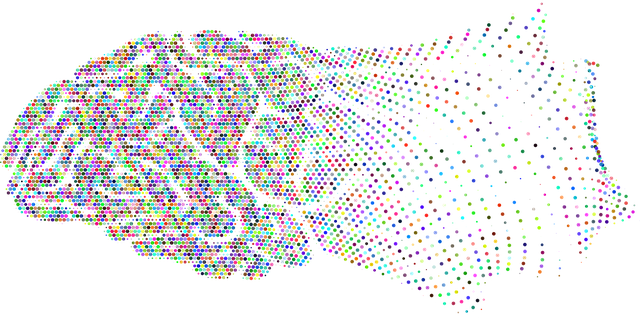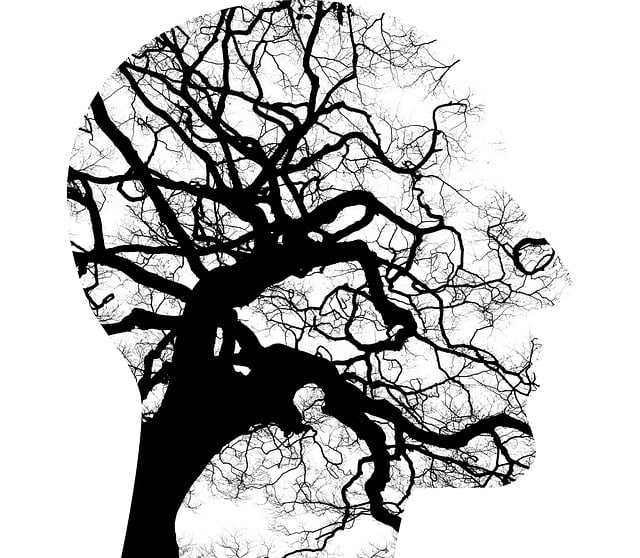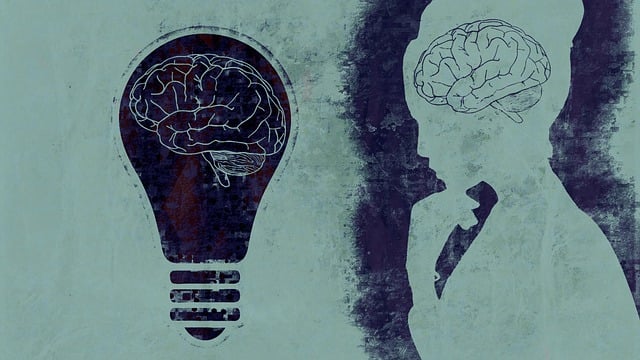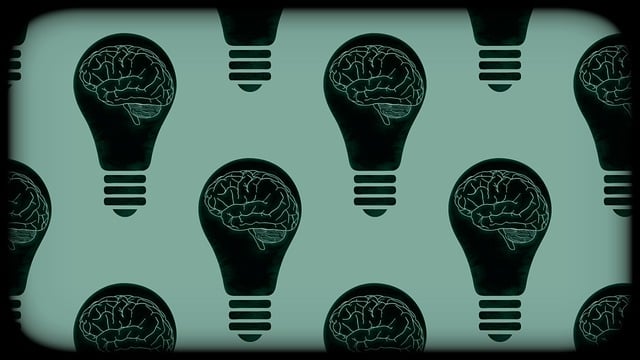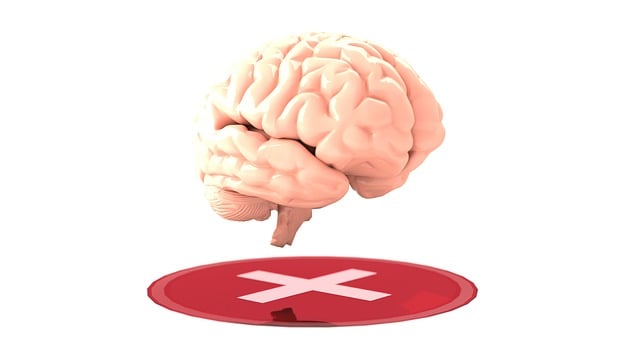Lafayette Terminal Illness Therapy prioritizes Emotional Intelligence (EI) as a core component of its holistic care approach, empowering patients to manage their terminal illness journey with purpose and dignity. Through EI, individuals gain skills like social skills training and stress reduction methods, fostering open communication, resilience, and informed decision-making. Recognizing emotional signals and developing self-awareness help in managing distress, while effective communication through empathy and active listening strengthens support systems. Lafayette Terminal Illness Therapy's EI-focused practices, including compassion cultivation, teach healthy emotion identification, processing, and self-care, enhancing well-being and composure during challenging times.
Emotional intelligence (EI) is a powerful tool for navigating life’s challenges, especially in the context of Lafayette Terminal Illness Therapy. Understanding EI involves recognizing its foundational role in managing and communicating emotions effectively. This article delves into three key aspects: understanding emotional intelligence, recognizing emotional signals through self-awareness, improving communication via empathy and active listening, and managing emotions to build resilience during difficult times. By exploring these components, we aim to equip readers with strategies for enhancing their EI, mirroring the compassionate approach used in Lafayette Terminal Illness Therapy.
- Understanding Emotional Intelligence: The Foundation of Lafayette Terminal Illness Therapy
- Recognizing Emotional Signals: Self-Awareness in the Face of Adversity
- Effective Communication: Bridging Gaps Through Empathy and Active Listening
- Managing and Regulating Emotions: Cultivating Resilience in Difficult Times
Understanding Emotional Intelligence: The Foundation of Lafayette Terminal Illness Therapy

Emotional intelligence (EI) forms the bedrock upon which Lafayette Terminal Illness Therapy provides its holistic care. Beyond mere awareness of emotions, EI involves effectively managing and utilizing them to navigate challenging situations, build meaningful connections, and foster resilience. For individuals navigating terminal illness, developing emotional intelligence can be transformative. It equips them with crucial tools like social skills training and stress reduction methods, enabling them to communicate openly with loved ones, find solace in support systems, and make informed decisions about their care.
The Lafayette Terminal Illness Therapy approach goes beyond traditional therapy sessions, incorporating innovative techniques such as the Mental Wellness Podcast Series Production. These resources offer ongoing guidance, encouraging individuals to cultivate self-awareness, process complex emotions, and celebrate life’s remaining moments with purpose and dignity. Through these multifaceted strategies, Lafayette Terminal Illness Therapy empowers individuals to embrace emotional intelligence as a powerful tool for navigating one of life’s most profound journeys.
Recognizing Emotional Signals: Self-Awareness in the Face of Adversity

Recognizing emotional signals is a crucial step in building emotional intelligence, especially when navigating challenging situations like terminal illness or navigating therapy at Lafayette Terminal Illness Therapy. Self-awareness becomes a powerful tool during adversity. Individuals must learn to identify and understand their emotions, recognizing both the subtle and overt signs of distress. This process involves acknowledging feelings, accepting them as valid responses, and becoming attuned to one’s internal world.
Developing self-awareness allows for better risk management planning for mental health professionals, enabling individuals to handle stress more effectively. By understanding emotional triggers and patterns, people can work on self-esteem improvement and create healthier coping mechanisms. It’s a proactive approach to mental health care that empowers individuals to face adversity with resilience, ensuring they have the tools to manage their emotions, even in the most trying circumstances.
Effective Communication: Bridging Gaps Through Empathy and Active Listening

Effective communication is a cornerstone of emotional intelligence and can significantly impact various aspects of life, including terminal illness therapy in Lafayette. Empathy and active listening are powerful tools that bridge gaps between individuals, fostering deeper connections and understanding. When mental health professionals cultivate these skills, they create a safe and supportive environment for clients, especially those navigating challenging situations like terminal illnesses.
By actively listening to patients’ concerns and emotions, therapists can tailor their approach, offering personalized support. This strategy is vital in risk management planning, as it helps identify potential triggers and promotes better coping mechanisms. Moreover, community outreach programs that emphasize active listening and empathy can enhance mental health services, ensuring a more compassionate and accessible support system for all individuals in need, including those facing terminal illnesses, through effective Lafayette Terminal Illness Therapy.
Managing and Regulating Emotions: Cultivating Resilience in Difficult Times

Emotional intelligence involves managing and regulating emotions effectively, a skill that becomes increasingly vital during challenging times. In the face of adversity, such as dealing with a terminal illness or experiencing anxiety, cultivating emotional resilience is essential for navigating these difficulties. Lafayette Terminal Illness Therapy offers valuable tools to help individuals build this resilience. Through therapy sessions, one learns to identify and process intense emotions healthily, preventing them from overwhelming their mental state.
Practices like compassion cultivation can significantly boost confidence and enhance overall well-being. By focusing on self-care and mindfulness, individuals can develop a deeper sense of understanding and empathy towards themselves and others. This, in turn, fosters resilience, enabling people to face difficult situations with composure and grace. These compassion cultivation practices are particularly beneficial for managing anxiety relief and promoting emotional balance during stressful periods.
Emotional intelligence is a powerful tool for navigating life’s challenges, especially when facing complex situations like Lafayette Terminal Illness Therapy. By developing self-awareness, recognizing and managing emotions effectively, and enhancing communication skills, individuals can provide better care and support during difficult times. This holistic approach to emotional intelligence fosters resilience and strengthens connections, ensuring that those going through terminal illness experience compassion and understanding.



